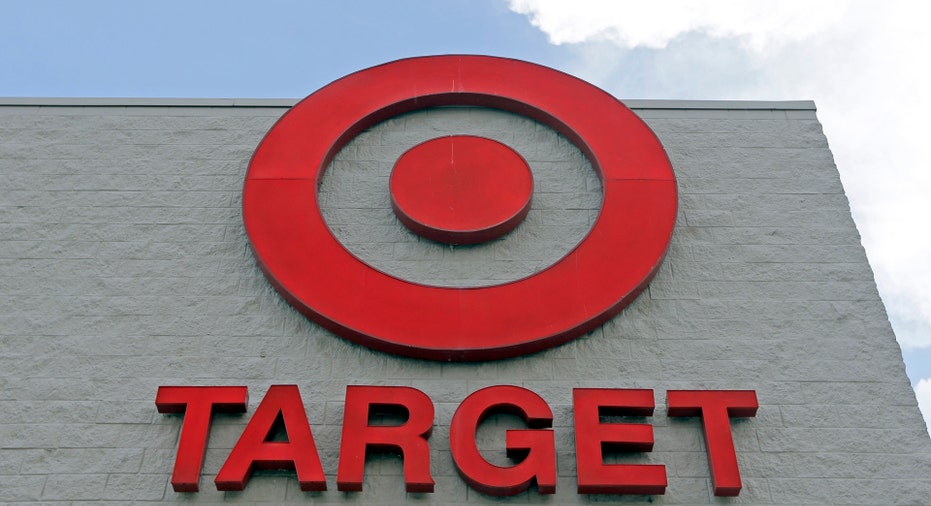Did Target aim for $15 minimum wage too soon?

Retail giant Target (NYSE:TGT) on Monday announced its intention to increase its hourly minimum wage to $15 by the end of 2020, a decision one analyst said other retailers may not feel too much pressure to follow.
“[Fifteen dollars per hour is] a big movement higher and I think the challenge is we don’t have any idea what the employment markets are going to look like in 2020,” Scott Mushkin, senior retail analyst and managing director at Wolfe Research, told FOX Business. “If I was running a business, I don’t know if I would rush to match that intention. I wouldn’t have even advised Target to make that announcement.”
Target will raise its hourly minimum wage to $11 next month and then to $15 by the end of 2020, a move the company said will allow it to both recruit and retain strong team members. The pay increase will apply to all 100,000 seasonal employees who will be hired to work the holiday season.
While the $11 minimum wage hike this year might be in line with labor market trends, the telegraphed move higher is “aggressive” and costly, Mushkin said, adding the company will also have to raise other employees’ salaries in line with the shift.
However, Mushkin noted that in the near-term, consumer trends are putting pressure on companies across all industries to be competitive in order to attract low-skilled workers from a shrinking pool of candidates. That is why some executives from other industries are happy the decision is company-specific, as opposed to federally mandated.
“My first response is this is a much better reason to go to $15 per hour than to have the government mandating it,” Patrick Sugrue, CEO of restaurant chain Saladworks, told FOX Business. “The reality for an industry like ours in the restaurant business where 20 to 25 cents of every dollar of revenue goes to employee costs … it has a much more significant impact on our [profits and losses].”
Although Sugrue said there is some overlap between the employees the restaurant and retail industries compete for, he believes the higher labor-related costs in his industry make it unlikely restaurants will start following Target’s lead. However, ultimately that decision will be up to the free market, he said.
“I think we have to assess … how competitive we’re going to need to be and let the market determine where the overall wage rate lands,” Sugrue said.



















